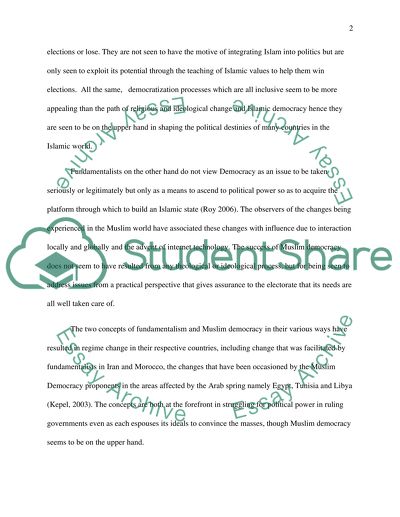Cite this document
(“The Relations Between Islamic Fundementalism and Muslim Democracy Essay”, n.d.)
The Relations Between Islamic Fundementalism and Muslim Democracy Essay. Retrieved from https://studentshare.org/history/1449582-the-relations-between-islamic-fundamentalism-and
The Relations Between Islamic Fundementalism and Muslim Democracy Essay. Retrieved from https://studentshare.org/history/1449582-the-relations-between-islamic-fundamentalism-and
(The Relations Between Islamic Fundementalism and Muslim Democracy Essay)
The Relations Between Islamic Fundementalism and Muslim Democracy Essay. https://studentshare.org/history/1449582-the-relations-between-islamic-fundamentalism-and.
The Relations Between Islamic Fundementalism and Muslim Democracy Essay. https://studentshare.org/history/1449582-the-relations-between-islamic-fundamentalism-and.
“The Relations Between Islamic Fundementalism and Muslim Democracy Essay”, n.d. https://studentshare.org/history/1449582-the-relations-between-islamic-fundamentalism-and.


